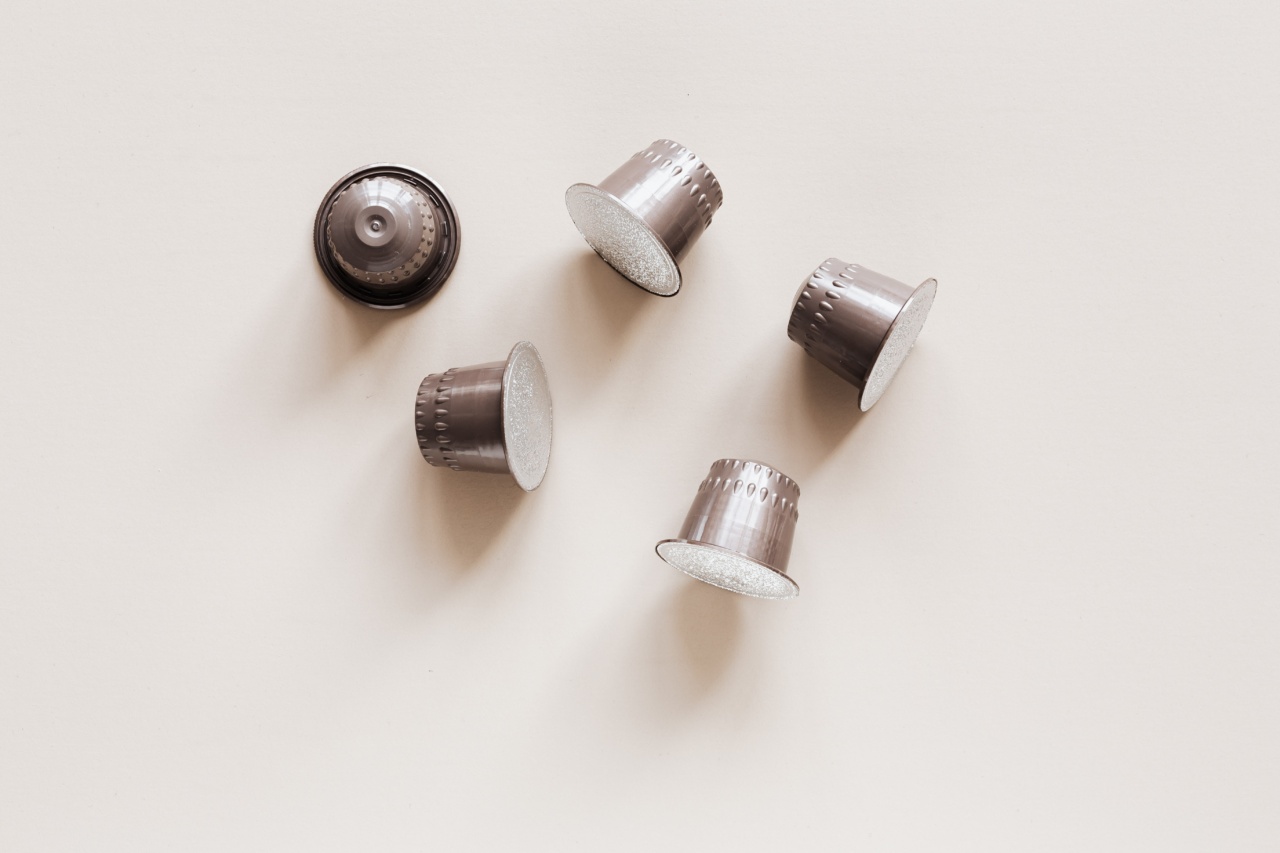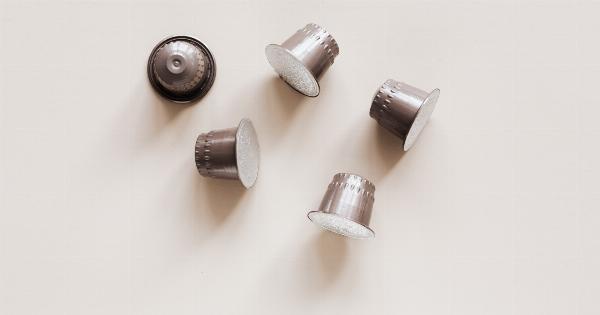Espresso pods, also known as coffee pods or coffee capsules, have gained popularity in recent years as a convenient and efficient way to make a cup of espresso.
These small, single-serve containers are designed to be used with espresso machines specifically designed for pod brewing.
Why Are Espresso Pods Popular?
Espresso pods offer several advantages over traditional coffee brewing methods. First and foremost, they provide a quick and easy way to make a single cup of espresso.
This is particularly beneficial for individuals who live alone or prefer to have a variety of coffee flavors on hand without brewing an entire pot.
Additionally, espresso pods eliminate the need for measuring out coffee grounds and the associated mess that comes with it. They are pre-portioned and sealed for freshness, ensuring consistent and flavorful coffee every time.
Furthermore, many espresso pod manufacturers offer a wide range of flavors and blends to suit different taste preferences.
The Connection Between Carcinogens and Espresso Pods
There has been some concern regarding the potential presence of carcinogens in espresso pods. Carcinogens are substances that have the potential to cause cancer. The main reason behind these concerns is the material used to make the pods.
The Role of Plastic in Espresso Pods
Most espresso pods are made from a combination of plastic and aluminum or plastic alone.
Plastic, particularly certain types such as polystyrene and polypropylene, has been associated with the release of potentially harmful chemicals when exposed to heat.
When hot water passes through plastic, especially at high temperatures, there is a possibility of chemicals leaching into the coffee.
Some of these chemicals, such as styrene and Bisphenol A (BPA), have been linked to various health issues and are classified as potential carcinogens.
Industry Safety Measures
The coffee industry and pod manufacturers take consumer safety seriously.
In response to concerns about potential health risks associated with plastic coffee pods, many companies have introduced safety measures to minimize the risk of chemical leaching.
One common safety measure is the use of food-grade plastic materials that are specifically designed to withstand high temperatures without releasing harmful chemicals.
These plastics are formulated to be more stable and have a lower risk of leaching toxins into the coffee during brewing.
Additionally, some manufacturers have switched to using aluminum as a primary material for their espresso pods. Aluminum is generally considered a safer alternative to plastic, as it is less likely to leach harmful chemicals into the coffee.
However, it is important to note that aluminum pods still require a plastic lining to ensure proper sealing and freshness.
How to Minimize the Risks
While there is ongoing debate and research on the potential health risks associated with espresso pods, there are some steps you can take to minimize your exposure to any potential carcinogens:.
- Choose espresso pod brands that prioritize safety and use food-grade plastic materials.
- Opt for espresso pods made from aluminum, if available.
- Avoid using espresso machines that operate at extremely high temperatures.
- Consider using alternative brewing methods, such as espresso machines that use ground coffee instead of pods.
Conclusion
Espresso pods provide a convenient and easy way to enjoy a cup of espresso at home or on the go. While there are concerns about potential carcinogens associated with some pod materials, the coffee industry has taken steps to prioritize consumer safety.
By choosing reputable brands, considering alternative brewing methods, and being mindful of the materials used in espresso pods, you can continue to enjoy your favorite beverage with peace of mind.






























